 Myanmar’s heavily criticised draft trade law will not burden companies with another layer of bureaucracy and may be amended before submitting to the cabinet and then parliament, according to senior officials.The legislation was still in the consultation process and would be referred to the Attorney General within four months.Lawyers for the World Bank and Germany’s development agency GIZ were involved in the process.
Myanmar’s heavily criticised draft trade law will not burden companies with another layer of bureaucracy and may be amended before submitting to the cabinet and then parliament, according to senior officials.The legislation was still in the consultation process and would be referred to the Attorney General within four months.Lawyers for the World Bank and Germany’s development agency GIZ were involved in the process.
The law would require many companies to submit to another layer of government approval and enable ministries to further regulate broad areas of the economy.Lawyers also warned the lack of clarity and room for government intervention in the latest version of the law risk introducing more bureaucracy and protectionism.Specifically, the legislation appears to require companies to apply for a trade registration certificate in order to carry out trading activities. Individual ministries will publish the list of businesses that need to apply for the certificate and further regulations for the “trade registration of individual traders”.
The legislation would also authorize the commerce ministry to regulate the e-commerce industry but does not elaborate on the regulations. The authority to issue what items are to be restricted in trade is not an economic move but would allow the ministry to systemically ban the import of items like arms and ammunition and alcohol and cigarettes, among others.Price controls only concern essential goods for the public and will ensure both public interest and business interests are taken into account.The functions of the Commission are broadly to make recommendations to the relevant government ministries on trade development, and to form committees and subcommittees doing the same.
Source: Myanmar Times


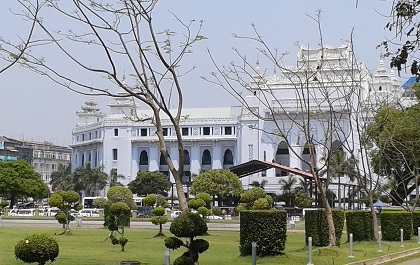
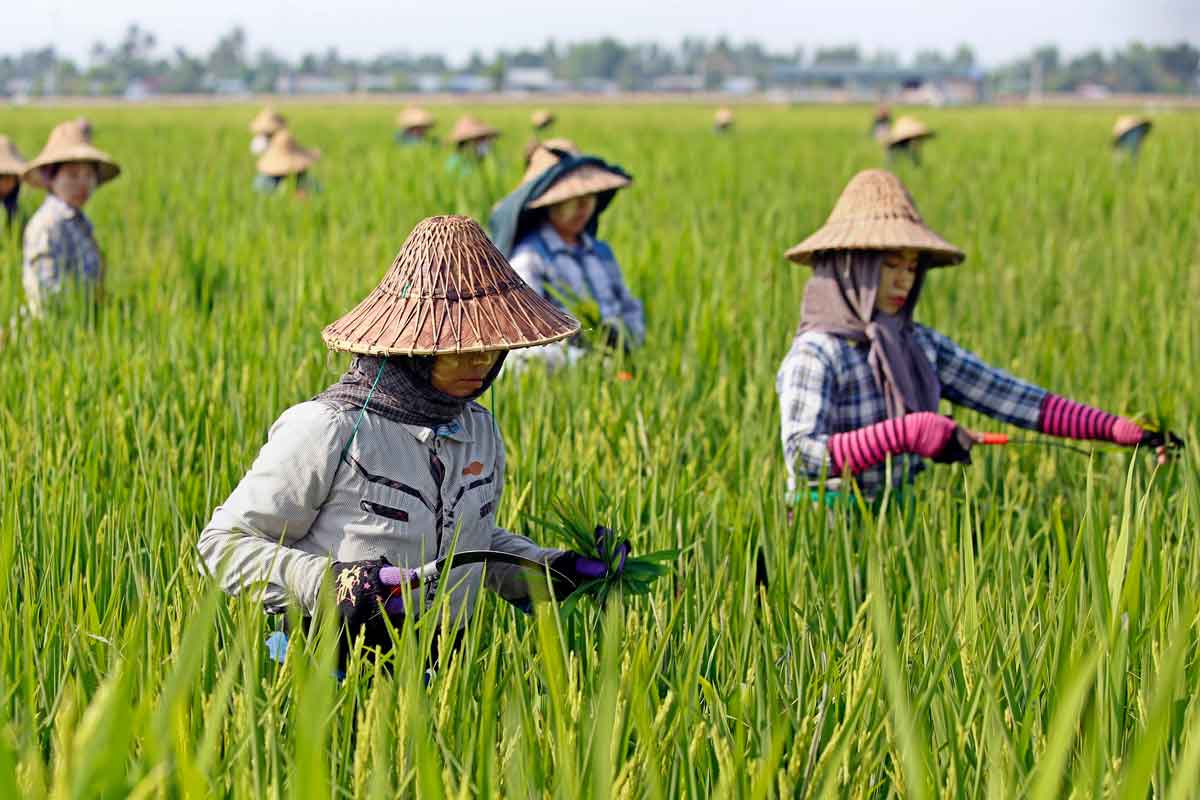 A new bill on microfinance has been drafted and proposed in the Pyithu Hluttaw.The bill, which will replace the 2011 Microfinance Institutions Law, was submitted by Daw Khin San Hlaing, an MP from Pale constituency and chair of the Banking and Financial Development Committee on December 10.The bill aims to support people in rural areas, eradicate illegal loan associations and provide financial assistance to local businesses involved in agricultural and livestock activities.It had become necessary to amend the existing legislation in order for it to be compatible with the changing environment and evolving technologies.
A new bill on microfinance has been drafted and proposed in the Pyithu Hluttaw.The bill, which will replace the 2011 Microfinance Institutions Law, was submitted by Daw Khin San Hlaing, an MP from Pale constituency and chair of the Banking and Financial Development Committee on December 10.The bill aims to support people in rural areas, eradicate illegal loan associations and provide financial assistance to local businesses involved in agricultural and livestock activities.It had become necessary to amend the existing legislation in order for it to be compatible with the changing environment and evolving technologies. Myanmar’s parliament has approved a proposal by the Ministry of Planning and Finance to significantly reduce existing stamp duty penalties. On November 26, the Law Amending the Myanmar Stamp Act was passed by the Pyidaungsu Hluttaw, Myanmar’s Union Parliament. The law lowers the penalties for late or deficient stamp duty payments to three times the payable stamp duty from 10 times before.
Myanmar’s parliament has approved a proposal by the Ministry of Planning and Finance to significantly reduce existing stamp duty penalties. On November 26, the Law Amending the Myanmar Stamp Act was passed by the Pyidaungsu Hluttaw, Myanmar’s Union Parliament. The law lowers the penalties for late or deficient stamp duty payments to three times the payable stamp duty from 10 times before.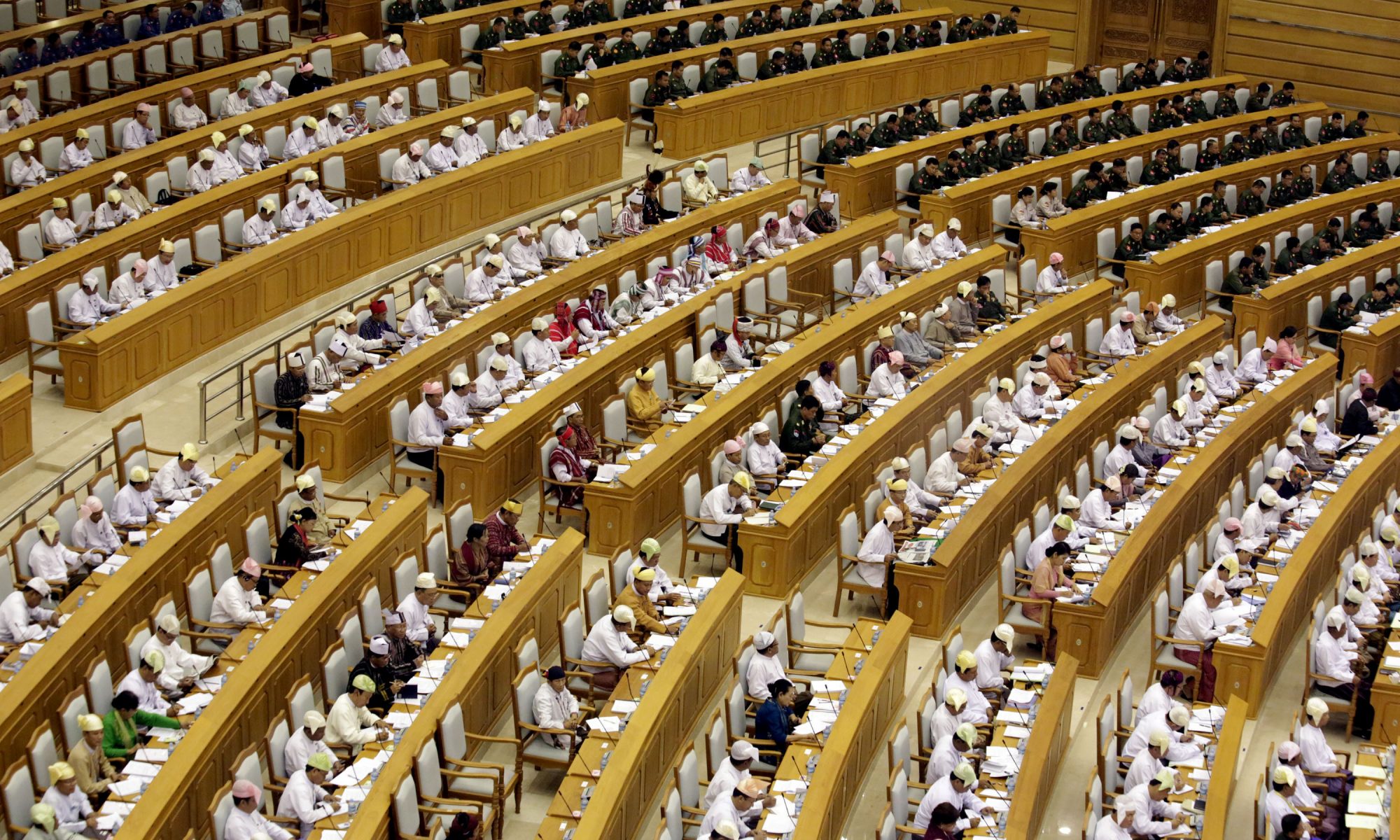 The Myanmar government has reassigned U Soe Win as minister of planning, finance and industry, a new ministry merged from two ministries, according to an announcement of Myanmar President’s Office issued on late Thursday. Myanmar’s parliament approved on Tuesday a motion to merge the Ministry of Planning and Finance, and Ministry of Industry into one new ministry, which was submitted by the president in order to speed up the government’s transition works.
The Myanmar government has reassigned U Soe Win as minister of planning, finance and industry, a new ministry merged from two ministries, according to an announcement of Myanmar President’s Office issued on late Thursday. Myanmar’s parliament approved on Tuesday a motion to merge the Ministry of Planning and Finance, and Ministry of Industry into one new ministry, which was submitted by the president in order to speed up the government’s transition works. In a move to counter illegal money transfers, the Central Bank of Myanmar on November 15 issued rules for cross-border remittances. Under the directive, only local companies registered in accordance with the Myanmar Companies Act who have placed a certain amount of deposit can apply for a cross-border remittance license. They have to provide documents of fund deposits to prove they are taxed and legal.
In a move to counter illegal money transfers, the Central Bank of Myanmar on November 15 issued rules for cross-border remittances. Under the directive, only local companies registered in accordance with the Myanmar Companies Act who have placed a certain amount of deposit can apply for a cross-border remittance license. They have to provide documents of fund deposits to prove they are taxed and legal.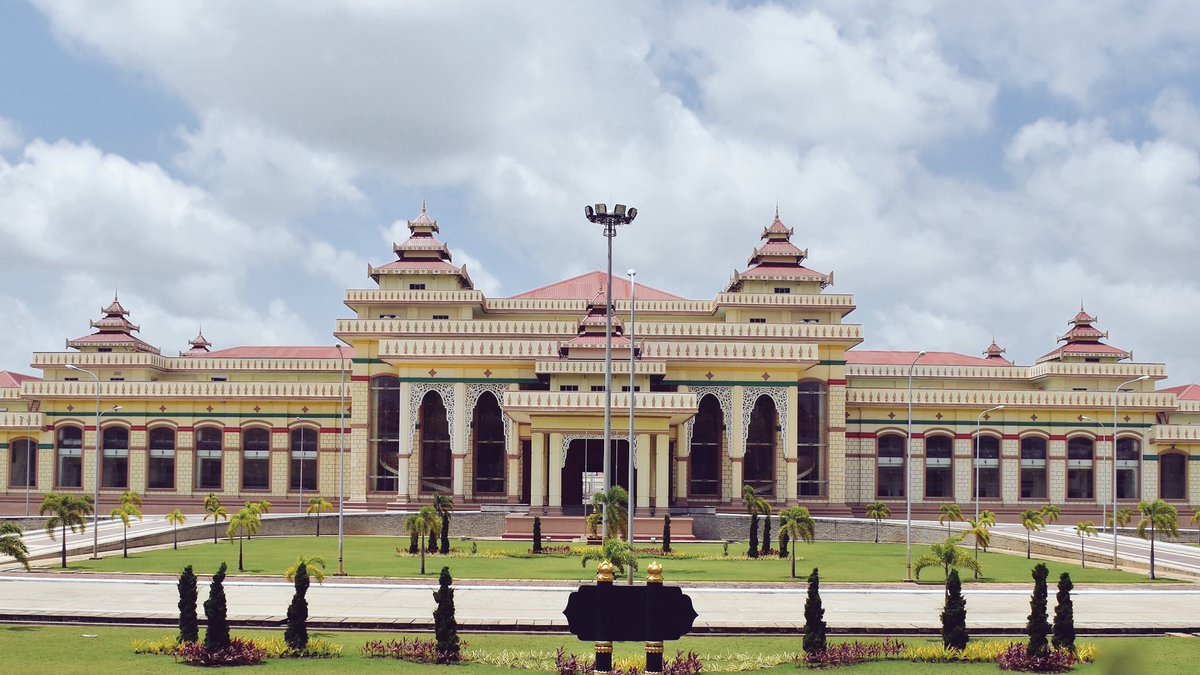 The Myanmar government plans to combine the positions of Minister of Industry and Minister of Planning and Finance into a single position, according to the Union Parliament agenda for Friday. According to the agenda, a Union-level representative from the government will explain the plan to parliamentary lawmakers in order to seek their approval. According to a proposal by President U Win Myint, the two ministries will be merged entirely and named the Planning, Finance and Industry Ministry, if lawmakers endorse the plan.
The Myanmar government plans to combine the positions of Minister of Industry and Minister of Planning and Finance into a single position, according to the Union Parliament agenda for Friday. According to the agenda, a Union-level representative from the government will explain the plan to parliamentary lawmakers in order to seek their approval. According to a proposal by President U Win Myint, the two ministries will be merged entirely and named the Planning, Finance and Industry Ministry, if lawmakers endorse the plan. The validity of Good Agricultural Practices (GAP) certificates will be extended to two years, according to the Agriculture Department.
The validity of Good Agricultural Practices (GAP) certificates will be extended to two years, according to the Agriculture Department.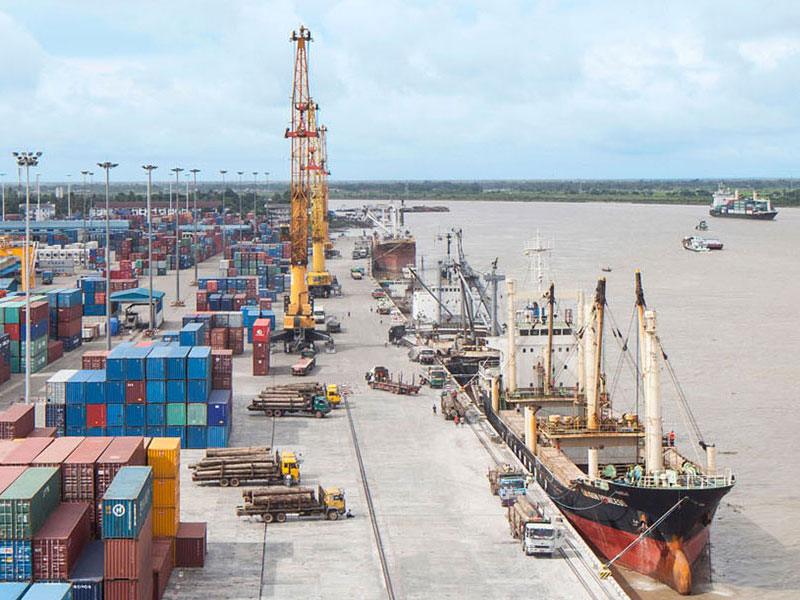 Importers will not be allowed to trade six items – fertilizers, seeds, pesticides, medical equipment, construction materials and equipment, and agricultural machinery and equipment without a wholesale or retail business registration, according to the Trade Department under the Ministry of Construction.
Importers will not be allowed to trade six items – fertilizers, seeds, pesticides, medical equipment, construction materials and equipment, and agricultural machinery and equipment without a wholesale or retail business registration, according to the Trade Department under the Ministry of Construction. Yangon Regional Investment Committee said they will now allow investors into Yangon’s casino industry. Myanmar earlier this year passed the revised Gambling Act (1986), currently they only need to release the by-law for it which will pave the way for casinos in the city. According to the gambling act, foreigner only casinos can be opened with approval from the Union government, it is is believed the move will boost the country’s tourism.
Yangon Regional Investment Committee said they will now allow investors into Yangon’s casino industry. Myanmar earlier this year passed the revised Gambling Act (1986), currently they only need to release the by-law for it which will pave the way for casinos in the city. According to the gambling act, foreigner only casinos can be opened with approval from the Union government, it is is believed the move will boost the country’s tourism. Mobile food car vendors will face one-month imprisonment if they are found operating without a licence. Unlicensed food car vendors will be fined K 10,000 to K 100,000 at the first instance. If they continue operating without a licence, they will face one-month imprisonment.
Mobile food car vendors will face one-month imprisonment if they are found operating without a licence. Unlicensed food car vendors will be fined K 10,000 to K 100,000 at the first instance. If they continue operating without a licence, they will face one-month imprisonment.